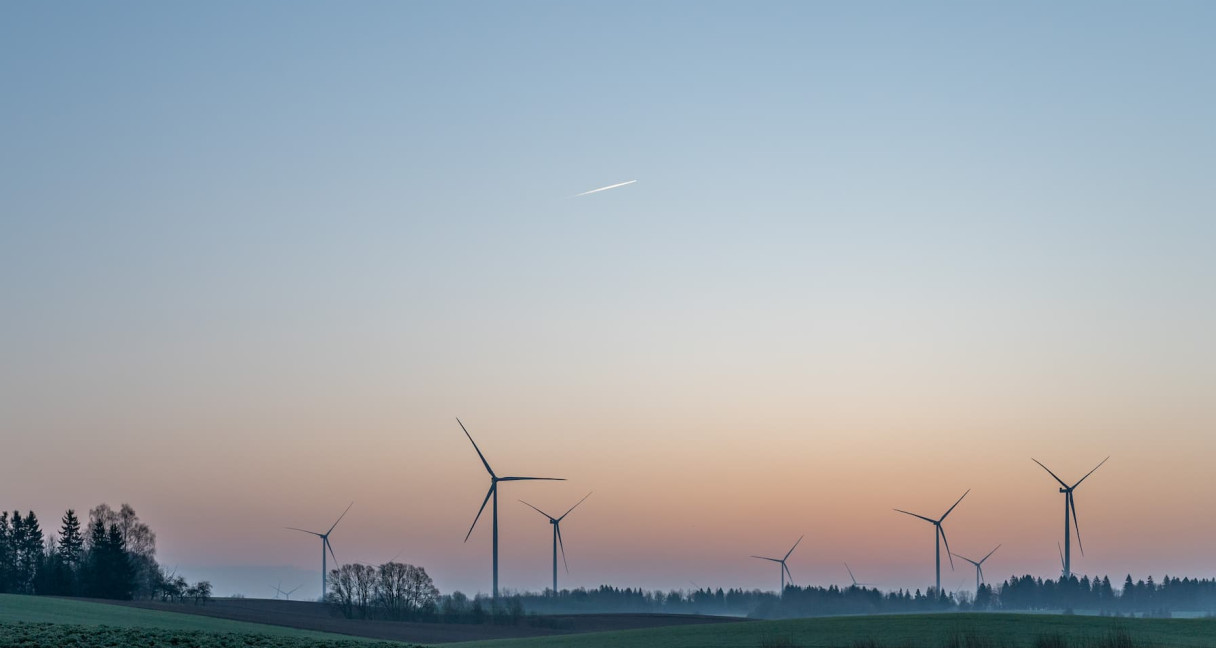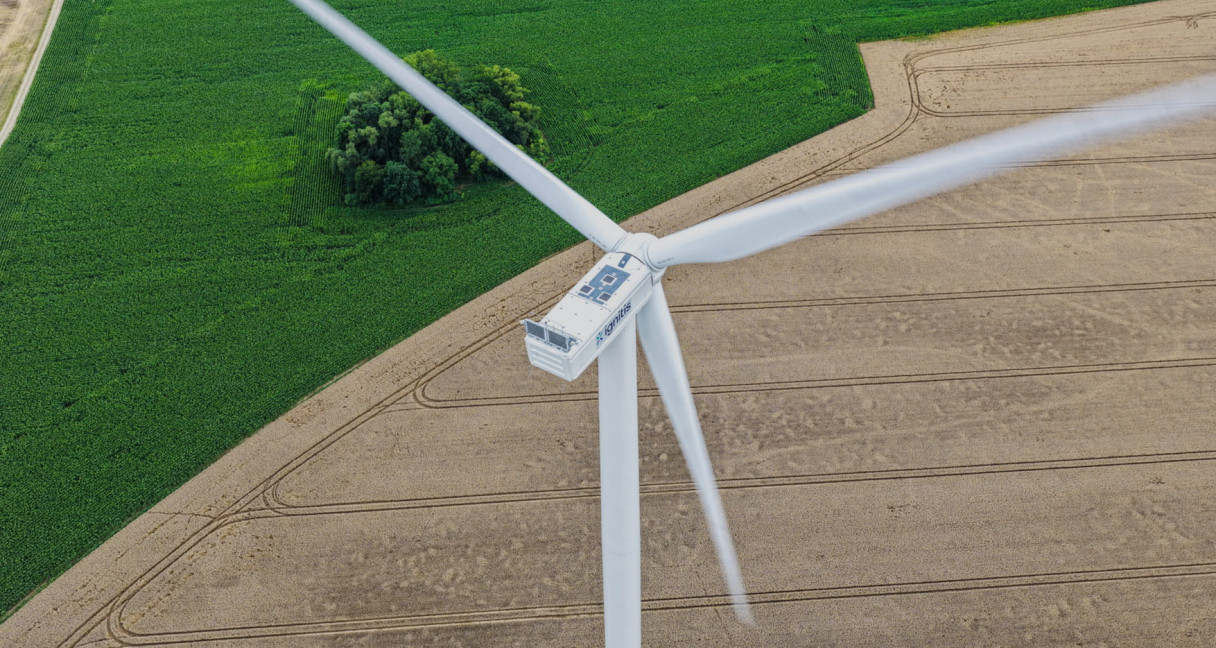Lietuvos Energijos Gamyba operated more profitably in 2016; plans to significantly expand its service portfolio
Following the launch of new electricity connections with Sweden and Poland and the elimination of quotas for electricity generation, all power plants operated by the Lietuvos Energijos Gamyba had to adapt to the new market conditions in 2016.
“Changes in business environment and increased competition affected our results, – says Ms. Eglė Čiužaitė, Chairwoman of the board and chief executive officer of Lietuvos Energijos Gamyba. – Nevertheless, we managed to successfully respond to the challenges of 2016 and today we can reap both better corporate results and a higher level of employee engagement. We continuously change and improve so that the Company operates more efficiently in the future and give shareholders a change to earn better returns and create value for employees.”
Revenue of the Company decreased, as well as the costs
In 2016 the Company’s revenue totalled Eur 172.9 million and was 19.3 per cent lower than the revenue in 2015 (Eur 214.4 million). The Company’s sales revenue decreased 25.3 per cent, mainly due to the decreased electricity production in Elektrėnai Complex. The cancellation of the supported electricity production quota halved the output of the Elektrenai complex units (0.491 TWh) when compared to the year 2015 (0,491 TWh). The decrease of sales revenue was partly counterbalanced by the revenue received from disposal of part of business in the beginning of 2016.
As a result of decreased production, variable costs incurred by the Company were significantly reduced (-43 per cent) as well. In addition, due to efficient organisation and performance of repair works and constant improvement of business processes, the Company managed to significantly reduce operating costs as well.
Costs reduction in the Elektrėnai complex, which met public service obligations (PSO) and provided the tertiary active power reserve service in 2016, amounted to almost 10 per cent, which grants direct benefits to electricity consumers because it contributes to the electricity rate reduction.
Produced competitive electricity by CCGT was sold on the market and over the year it has allowed to earn nearly EUR 6 million gross profit which will be given to the PSO tariff reduction for consumers.
As the market situation changed, hydroelectric power plants managed by the Company operated more efficiently and flexibly. In 2016, Kaunas Algirdas Brazauskas' Hydroelectric Power Plant produced 30 per cent (0.363 TWh) more electricity than in 2015. Production at Kruonis PSHP decreased slightly more than by 20 per cent (to 0.517 TWh); however, this power plant played a particularly important role in ensuring the safety of electricity supply when the operation of the “NordBalt” link was unstable. When the link was disconnected, particularly in the first half of 2016, Kruonis PSHP was the first to provide help: the emergency reserve of this power plant was activated 57 times in 2016 (20 times in 2015)
Profitability has increased
The increased scope of the secondary reserve service in 2016 improved the EBITDA result of the Company’s regulated activity, while the EBITDA indicator of commercial activities of the hydroelectric power plants, despite increased competition, was similar to 2015. However, the change in the Company’s EBITDA in 2016 in comparison with 2015 was substantially affected by evaluation of the decisions of the regulator in financial statements. EBITDA increased by Eur 7.8 million (Eur 58.1 million and Eur 50.3 million, accordingly). EBITDA margin was 33.6% in 2016 (23.4% in 2015).
The net profit of the Company in 2016 exceeded the profit from 2015 due to higher EBITDA and the impact of one-off factors: the sale of a part of the business at the beginning of 2016 (the recorded result before tax was EUR 19.8 million) and the reduction of the assets value recorded in 2015 related to the decision to terminate the operation of units 5 and 6, which caused a reduction of the net profit by EUR 30 million in 2015.
Biggest attention – to the implementation of business strategy
In 2016 the Company has updated its business strategy for 2020. Sticking to the guidelines set out in the strategy, the Company will seek to ensure the continuity of the Company’s activities, to return to shareholders and to retain jobs of employees. The Company, therefore, plans to significantly expand its service portfolio by 2020. It is planned that in four years every employee of the Company will devote at least 15 per cent of their working time for new services. The Company will pursue to have main operating expenses for electricity and heat production and provision of system services reduced by at least 15 percent by 2020.
The Company has already made the first steps in offering new services in 2016 – business was offered territories next to the power plant as well as services of weighing heavy vehicles and biofuel and other laboratory tests. In the future, the Company plans to considerably expand the range of services.
Key goals of the Company include low employee turnover, assurance of occupational safety and health, and implementation of the LEAN management system principles-based Operational Excellence programme
According to E. Čiužaitė, the main requirement for the implementation of all the actions provided for in the strategy and development of new activities is engaged employees generating ideas and focused on the achievement of goals. “I have no doubt that an even deeper fostering of fundamental values of the company, such as responsibility, cooperation and pursuit for the achievement of goals, will help successfully implement our vision of becoming a competitive international energy generation and service centre”, – says the head of Lietuvos Energijos Gamyba.




